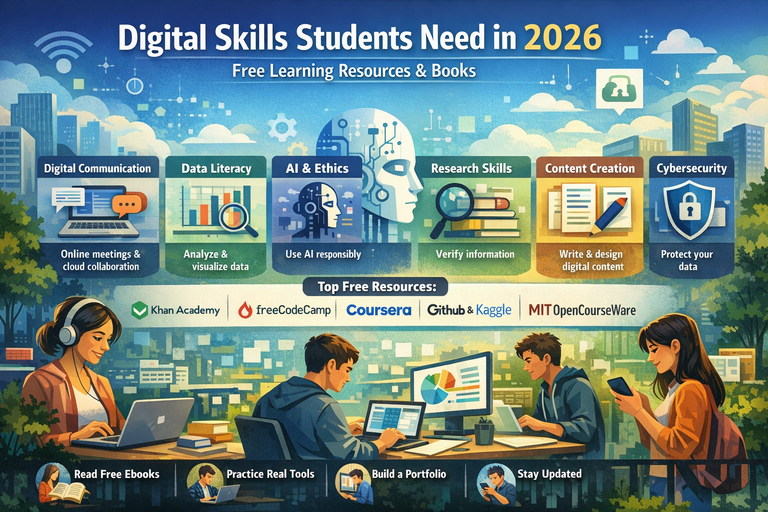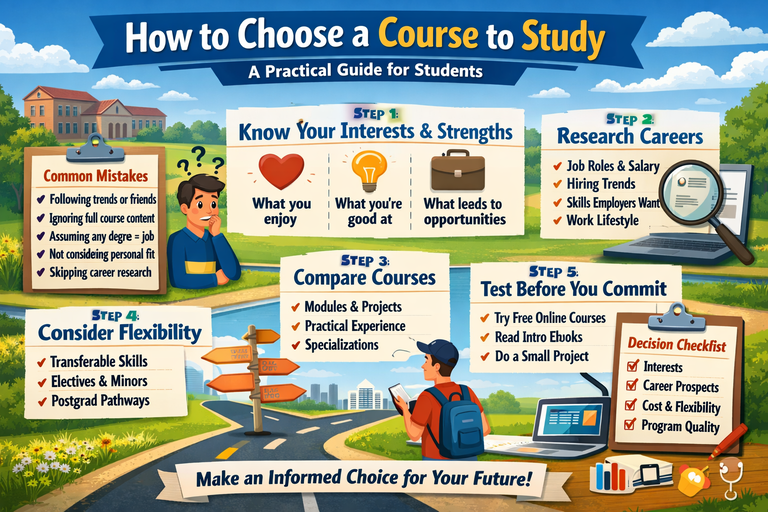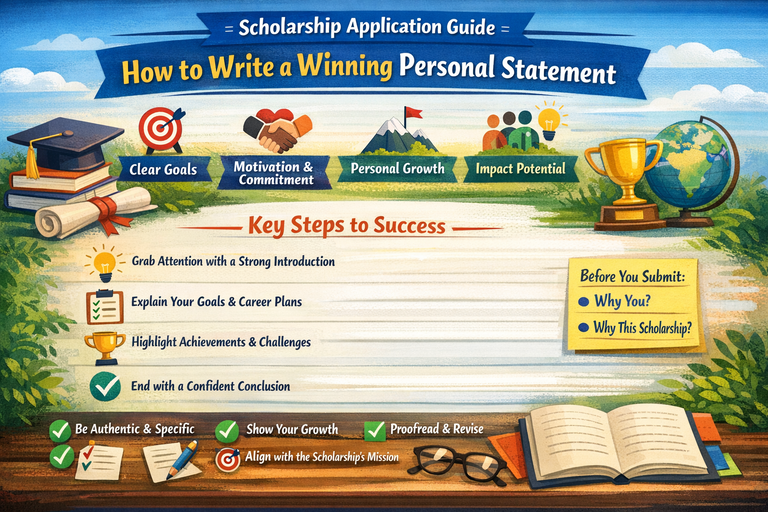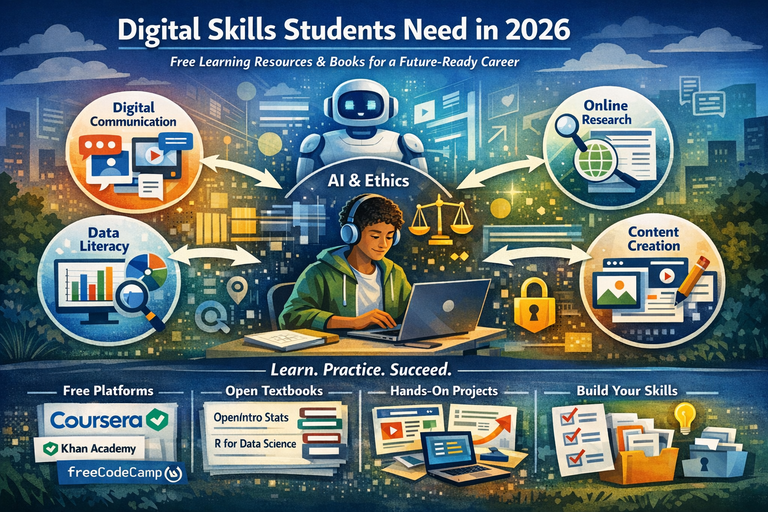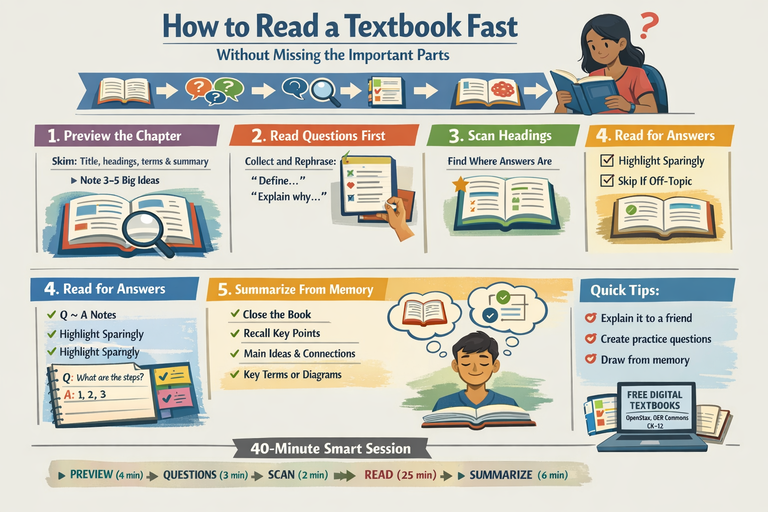Must-Read Classics for the Modern Reader
Classic literature may have been written decades or even centuries ago, but its themes, characters, and ideas continue to resonate with readers today. For the modern reader—navigating a fast-paced, digital world—these timeless works offer grounding perspectives on love, identity, society, morality, and human ambition. Despite the changing times, the core questions explored in these books remain the same.
In this blog post by Junkybooks, we explore must-read classics that every modern reader should experience—whether you're diving in for the first time or revisiting with fresh eyes.
1. To Kill a Mockingbird by Harper Lee
Published: 1960
Why It Still Matters: This novel confronts themes of racial injustice, class, and morality through the eyes of a child. Set in the American South during the 1930s, it remains incredibly relevant in discussions about systemic inequality and civil rights. Atticus Finch, the moral center of the book, has become a symbol of integrity and justice.
Modern Relevance: In an age where conversations around racism and equality are ongoing, this novel reminds readers of the importance of empathy and moral courage.
2. 1984 by George Orwell
Published: 1949
Why It Still Matters: Orwell's dystopian vision of a society under constant surveillance, manipulated by propaganda, and ruled by authoritarianism has become eerily prophetic. Terms like "Big Brother" and "doublethink" have entered our everyday vocabulary.
Modern Relevance: In the age of data mining, fake news, and digital surveillance, Orwell’s warnings about government control and the loss of individual freedom are more pressing than ever.
3. Pride and Prejudice by Jane Austen
Published: 1813
Why It Still Matters: At its core, this is a story of love, misunderstandings, and social expectations. But Austen’s wit and critique of gender and class dynamics make it a feminist classic as well.
Modern Relevance: The pressure to conform to societal expectations—especially regarding relationships and marriage—continues to impact women today. Austen’s clever heroines are inspiring reminders of agency and intelligence.
4. Frankenstein by Mary Shelley
Published: 1818
Why It Still Matters: Shelley’s novel is often credited as the first science fiction story. It delves into the dangers of unchecked ambition and explores what it means to be human. Victor Frankenstein, obsessed with creation, faces tragic consequences.
Modern Relevance: As technology evolves—from AI to genetic engineering—this novel feels more relevant than ever, posing ethical questions about innovation, responsibility, and humanity.
5. The Great Gatsby by F. Scott Fitzgerald
Published: 1925
Why It Still Matters: Set during the Jazz Age, this novel explores the illusion of the American Dream, materialism, and longing. Gatsby’s relentless pursuit of a fantasy life leads to tragedy.
Modern Relevance: In a culture obsessed with success, fame, and social media personas, The Great Gatsby serves as a haunting critique of superficiality and unattainable ideals.
6. Jane Eyre by Charlotte Brontë
Published: 1847
Why It Still Matters: This novel is as much about a woman's quest for love as it is about independence, morality, and self-respect. Jane's resilience and refusal to compromise her values made this a revolutionary work in its time.
Modern Relevance: For readers who value personal growth and empowerment, Jane Eyre remains a powerful story of inner strength and standing up for one’s principles.
7. Brave New World by Aldous Huxley
Published: 1932
Why It Still Matters: Huxley imagined a future where people are genetically engineered, emotionally numbed by drugs, and controlled through pleasure rather than fear. The society is stable—but at the cost of individuality and truth.
Modern Relevance: This classic feels increasingly prescient in today’s era of consumerism, bioengineering, and digital distraction.
8. Crime and Punishment by Fyodor Dostoevsky
Published: 1866
Why It Still Matters: This psychological novel explores guilt, redemption, and moral philosophy through the character of Raskolnikov, a man who believes he’s above the law.
Modern Relevance: In today’s complex moral landscape, this story forces readers to examine justice, conscience, and the human condition from an introspective angle.
9. The Catcher in the Rye by J.D. Salinger
Published: 1951
Why It Still Matters: Holden Caulfield, the novel’s teenage narrator, speaks in a voice that still resonates with young readers today. His alienation, cynicism, and search for authenticity reflect timeless struggles of adolescence.
Modern Relevance: The themes of mental health, identity, and navigating societal expectations make this a must-read for modern teens and adults alike.
10. The Odyssey by Homer
Written: Around the 8th century BC
Why It Still Matters: This epic poem chronicles Odysseus’s journey home after the Trojan War. Along the way, he faces monsters, gods, and temptations—all while trying to reunite with his family.
Modern Relevance: The themes of resilience, loyalty, and the journey of self-discovery are timeless. Every reader can find something in Odysseus’s struggle that mirrors their own life’s path.
Why Read Classics in a Modern World?
You might wonder: with so many new books being published every day, why bother with classics?
Here’s why:
1. Universal Themes
Classics explore the core of human experience—love, ambition, fear, freedom, and loss. These emotions don’t go out of style. They connect us across time and culture.
2. Cultural Foundation
Many modern stories, films, and shows are inspired by or reference classic literature. Understanding these books enriches your appreciation for other media.
3. Language and Craft
Classics often feature rich, nuanced language. They teach us how words can be wielded to shape thought, emotion, and identity.
4. Perspective and Context
These books offer insight into the societies and challenges of their time—many of which echo issues we face today, from inequality and war to technology and ethics.
Tips for Reading Classics Today
Reading classic literature can feel intimidating, especially if the language or pacing is unfamiliar. Here are a few ways to ease into it:
-
Start with annotated editions: These include footnotes or introductions that explain historical context and vocabulary.
-
Use audiobooks: Hearing a book read aloud can bring it to life and help with difficult prose.
-
Take your time: Classics are not meant to be rushed. Read slowly, reflect, and allow the story to unfold.
-
Join a book club or online discussion: Engaging with others helps you see different interpretations and perspectives.
Final Thoughts
The best classics aren’t old—they’re timeless. They hold up a mirror to society and ourselves, inviting us to think deeply, feel fully, and question bravely.
At Junkybooks, we believe the modern reader has much to gain from engaging with these literary masterpieces. Whether you’re exploring identity with Jane Eyre, uncovering deception in The Great Gatsby, or questioning reality in 1984, these books have the power to change how you think—and how you live.
What classics have changed your perspective? Share your favorites and discover new ones with us at Junkybooks.



